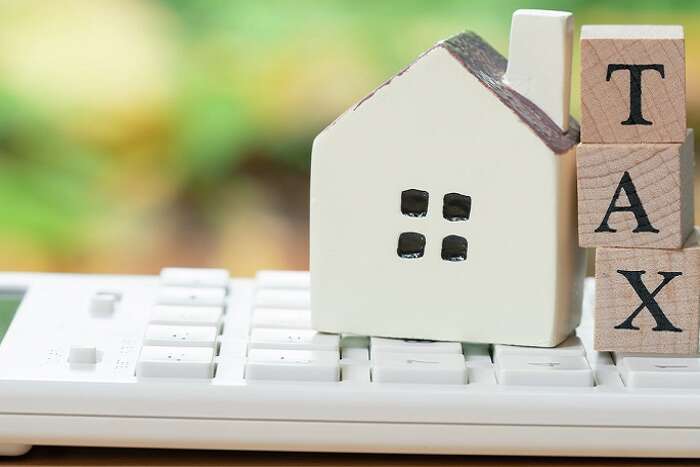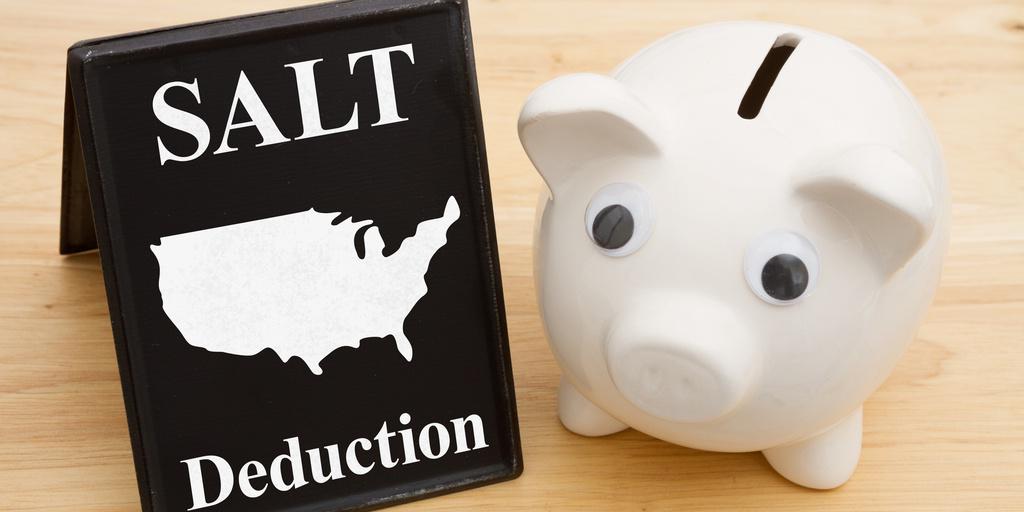You can get a lot out of buying one. You can decorate it the way you want, put it in a professional home theatre system, or make the walk-in closet just the way you want it to hold everything you own. But other benefits have to do with money. In the past, if you rented, all your rent money went to the landlord, and you didn't get any of it back as a tax deduction. If one of your goals is to own a home, you'll be glad to hear that there are several tax benefits. These include tax deductions, which help taxpayers lower their taxable income and overall tax bill.
Deduction for mortgage interest

The mortgage interest deduction is one of the best tax breaks for people who own a home. It lets you write off the interest you pay on your mortgage to buy, build, or improve your main or second home. You can deduct the interest you paid on up to $749,999 of mortgage debt if you are a single taxpayer or a married couple who files a joint tax return. If a married couple files separately, they can only make up to $374,999. If you bought your home before December 15, 2017, you could only deduct up to $1 million in mortgage interest if you file as a single person or as a married couple filing jointly. You can only deduct up to $499,999 if you file as a married couple filing separately.
Deduction for mortgage insurance
If mortgage insurance is part of your monthly mortgage payment, you may be able to deduct that cost from your taxable income. If you can't pay your mortgage and go into mortgage default, your lender is protected by your mortgage insurance. If a homeowner's adjusted gross income is up to $100,000, they can deduct the amount they pay for mortgage insurance. You can only deduct a small part of your mortgage insurance premiums up to $109,000. If you make more than this, you can't deduct the cost of your mortgage insurance.
SALT Deduction

With SALT, the (State and Local Tax) deduction, you can deduct some of the taxes you paid to state and local governments if you list them on your federal tax return. The TCJA (Tax Cuts and Jobs Act) limited the deduction for property taxes, state income taxes, or state sales taxes, which used to be unlimited, to $10,000 per year. The limit is $10,000, whether single or married, filing jointly. If you are married but file your taxes separately, the limit is $5,000. It would be best if you itemized your deductions to get the mortgage point deduction, the SALT deduction, and the mortgage interest deduction.
Credit for Residential Energy
The REEPC (Residential Energy-Efficiency Property Credit) is a tax break for homeowners that is good for the environment and helps them save money. The incentive is for any changes to a home that saves energy, like installing solar panels or wind turbines. Depending on when the energy upgrades were made, the residential energy credit covers 22% and 30% of the cost.
Home Office Tax Break
If you run a business out of your home or work from home, you may be able to take advantage of the home office deduction. This is true for homeowners and renters alike. To qualify, you must use a regular and dedicated part of your home for your business. You must also show that most of your business is done at home.
Standard Deduction
When homeowners think about tax breaks, they should pay close attention to the IRS's standard deduction. If you choose the standard deduction, you agree to have a certain amount of money taken from your taxable income. If you take the standard deduction, you can't also deduct for specific things, and vice versa.
Deduction for Mortgage Point
One of the tax advantages of purchasing a home is that you may deduct the mortgage points you paid when you closed on the property. One mortgage point, also known as a discount point, is equivalent to 1% of the total amount borrowed. Most of the time, points are taken off over the life of the loan, not in the year that they were paid. This rule can be broken, though, if you pass a series of tests set up by the IRS. Some of the tests include:
- Getting a mortgage that is secured by your house.
- Having to pay more than usual for things that don't usually cost more in the area.
- Paying for points that weren't covered by other closing costs, like appraisal or title fees.




